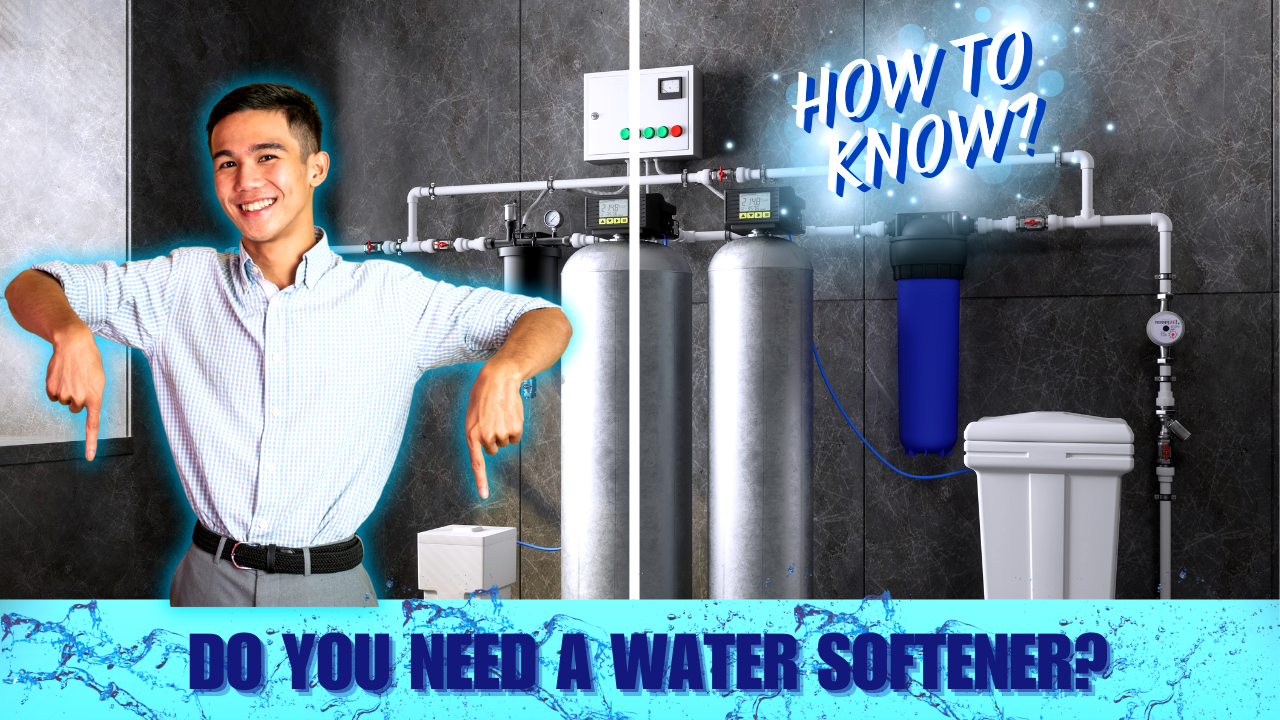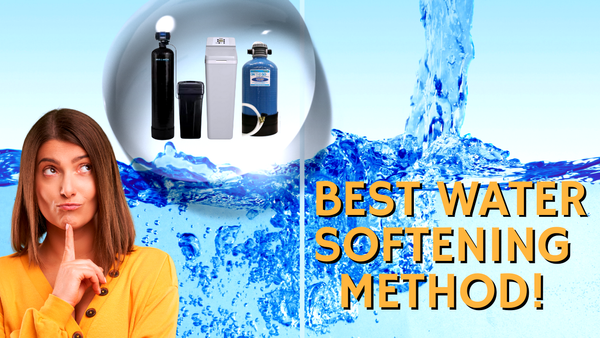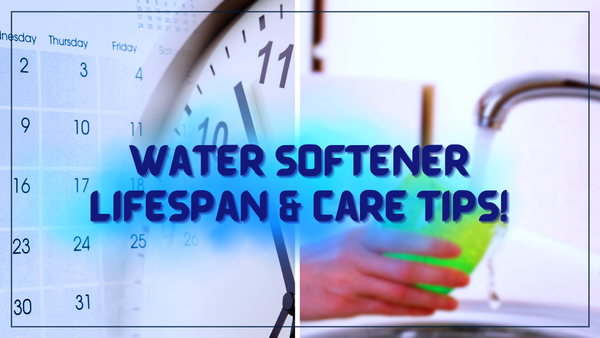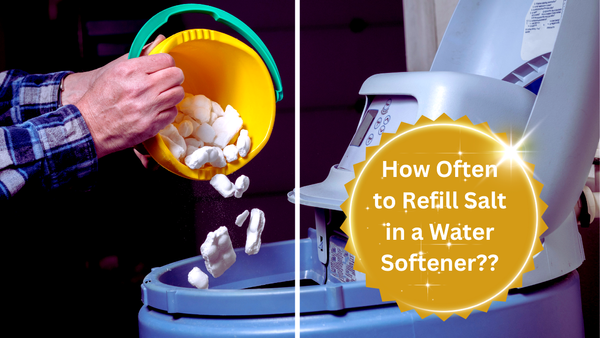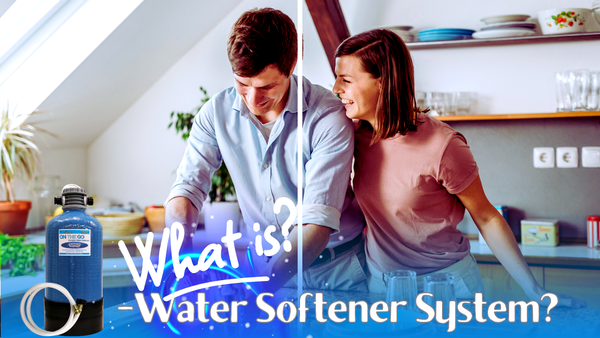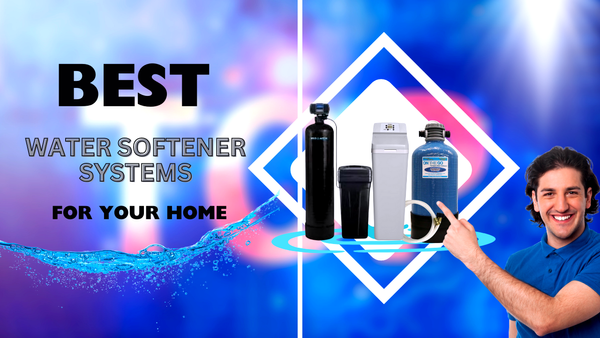Key Takeaways:
- Identifying Hard Water: Learn the telltale signs of hard water in your home.
- Benefits of Soft Water: Understand how a water softener can improve your daily life.
- Choosing the Right System: Discover the best water softener for your needs.
Water is life, but not all water is created equal. If you’ve ever asked yourself, “Do I need a water softener?” you’re not alone. Hard water can destroy your plumbing system, household appliances, and skin and hair. This article will walk you through the signs of hard water, the benefits of soft water, and how to choose the right water softener for you.

What is Hard Water?
Hard water has high dissolved minerals, mainly calcium and magnesium ions. These minerals can cause problems in your home, from scale buildup in your pipes to soap scum in your sinks and showers. The U.S. Geological Survey classifies water hardness based on the amount of these minerals, with “very hard water” having more than 180 milligrams per liter of calcium carbonate.
Having hard water can be a pain, but it’s not just about the hassle. Hard water can also increase energy bills as scale deposits in your water heaters make them less efficient. Plus, hard water can affect your laundry, making your clothes feel rough and look dingy.
Signs of Hard Water
One of the most obvious signs of hard water is mineral deposits on your faucets and showerheads. These white and chalky deposits are a dead giveaway that your water has a high mineral content. Another sign is soap scum buildup in your sinks, bathtubs and showers. This happens because the minerals in hard water react with soap making it less effective and leaving behind a residue.
If you notice your skin feels dry and itchy after a shower or your hair is dull and lifeless, hard water might be the cause. The minerals in hard water can strip your skin and hair of their natural oils, leaving them dry and irritated. Plus, if your laundry detergents aren’t working as well as they should or your clothes feel stiff and scratchy, hard water might be the problem.
The Impact on Household Appliances

Hard water can shorten the life of household appliances. Washing machines, dishwashers, and hot water heaters are all vulnerable to scale buildup, which can lead to costly repairs or replacement. For example, scale deposits in your hot water heater can reduce its efficiency, making it work harder and use more energy, ultimately increasing your energy bills.
Hard water can also clog your appliances and plumbing pipes. Over time, mineral deposits can accumulate and restrict water flow, causing low water pressure and plumbing issues. This can be more of a problem in older homes with galvanized steel pipes, which are more prone to corrosion and buildup.
Health Effects of Hard Water
While hard water is not bad to drink, it can negatively affect your skin and hair. The minerals in hard water can cause dryness and irritation and exacerbate conditions like eczema and psoriasis. If you are on a low-sodium diet, you should note that water softeners add sodium ions to the water, which could be a concern for some individuals.
In addition to skin and hair issues, hard water can also affect the taste of your drinking water. Some people find hard water has a metallic or bitter taste which can be unpleasant. If you are concerned about the quality of your drinking water, a water softener can help improve its taste and overall quality.
Benefits of Soft Water
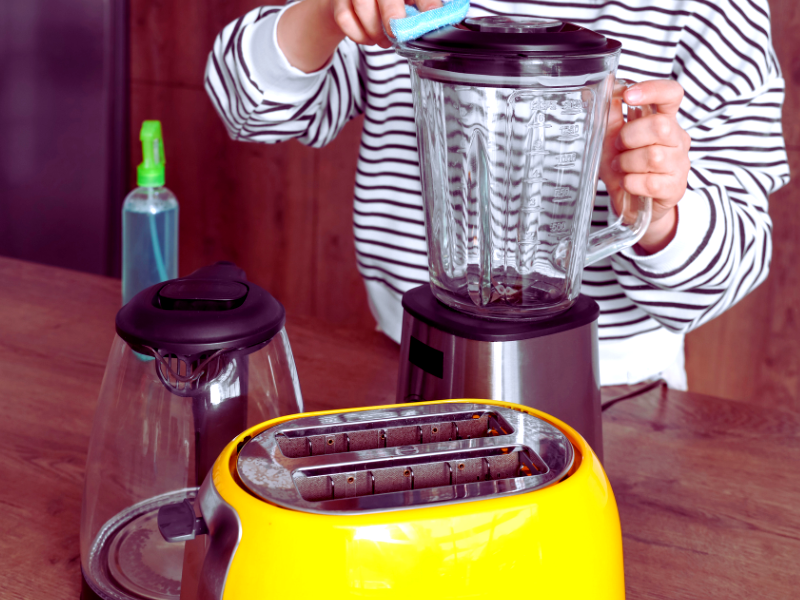
Soft water has many benefits for your home and health. One of the biggest is reducing scale buildup in your plumbing system and household appliances. This can extend the life of your appliances and reduce the need for costly repairs or replacements.
Soft water makes cleaning easier and more effective. Without the minerals interfering with soap and detergents, they can work better and clean your dishes, laundry, and surfaces. Plus, soft water can improve the condition of your skin and hair, leaving them feeling smoother and more hydrated.
How Water Softeners Work
Water softeners use ion exchange to remove calcium and magnesium ions from your water supply. The system has resin beads that attract and trap these minerals and replace them with sodium ions. This process softens the water, reducing its mineral content and preventing scale buildup.
There are different types of water softeners available, salt-based and salt-free. Salt-based systems are the most common and effective, but they add sodium to the water. If you are concerned about sodium intake, a salt-free system might be the better option, but it may not be as effective at removing hardness.
Choosing the Right Water Softener
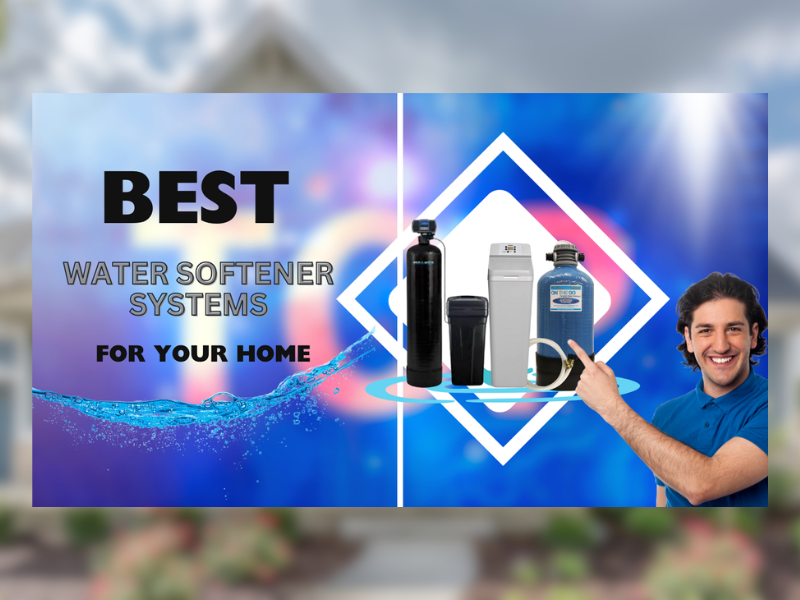
When choosing a water softener, consider the hardness of your water, the size of your household, and your budget. A good water softener should be able to handle your home's specific needs and provide consistent and reliable soft water.
Also, consider the system's maintenance requirements. Some water softeners need salt replenishment, and others need periodic cleaning or servicing. Make sure you choose a system that fits your lifestyle and maintenance habits.
Installation and Maintenance
Installing a water softener requires professional help as it involves connecting the system to your main water supply. A professional installer will ensure the system is set up correctly and working properly. Once installed, regular maintenance is required to keep the system running smoothly.
Maintenance tasks may include replenishing the salt, cleaning the resin beads, and checking for signs of wear and tear. By doing these tasks, you can ensure your water softener will provide soft water for years to come.
Cost Considerations
The cost of a water softener can vary greatly depending on the type and size of the system. The initial cost may seem high, but the long-term benefits of lower energy bills, longer appliance life, and better water quality will be worth it. Also, consider the cost of installation and maintenance. Get quotes from multiple providers to make sure you get the best deal.
Environmental Impact

Water softeners have an environmental impact, especially salt-based systems that discharge brine into the wastewater system. This can increase salinity in local water sources which can harm aquatic life and the environment.
If you’re concerned about the environmental impact of a water softener consider a salt-free system or other water treatment options. These alternatives can give you some of the benefits of soft water without the negative environmental impact.
Alternatives to Water Softeners
If a traditional water softener isn’t for you, there are other options. For example, a sediment filter can remove larger particles from your water supply and improve overall water quality. Some water treatment systems use reverse osmosis or carbon filtration to remove impurities and improve taste.
These alternatives may not remove hardness as effectively, but they can still provide you with some benefits and improve your water quality. Research and compare different options to find what’s best for you.
Summary
Hard water can cause a variety of issues in your home, from scale buildup in your plumbing system to dry skin and hair. A water softener can help alleviate these problems by removing the minerals that cause hardness, providing you with high-quality soft water. By understanding the signs of hard water and the benefits of a water softener, you can make an informed decision about whether a water softener is right for your home. To keep up with the latest water filter tips and offers, subscribe to our newsletter today!
FAQ
How can I test my water for hardness?
You can test your water for hardness with a water hardness test kit available at most hardware stores. These kits involve collecting a water sample and adding a reagent that changes color according to the hardness level. Or you can contact your local water utility or a professional water testing service for a more accurate reading.
How often do I need to maintain my water softener?
Maintenance requirements will vary depending on the type and model of the system. For a salt-based system, you should check the salt level every month and top up as needed. Also, clean the resin beads and inspect the system for any wear or damage every few months. Follow the manufacturer’s instructions for maintenance to keep it running well.
Can a water softener remove other contaminants from my water?
A water softener will remove calcium and magnesium ions but may not remove other contaminants like heavy metals, bacteria or chemicals. If you want to improve the overall quality of your water consider using a combination of water treatment systems like a water softener and a reverse osmosis system to address more impurities.
